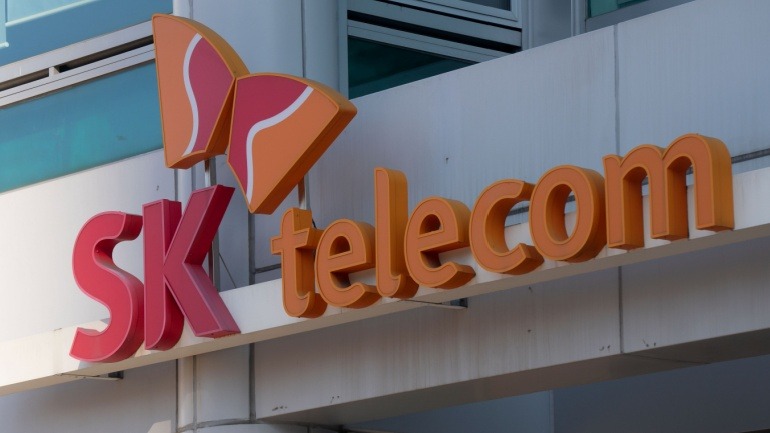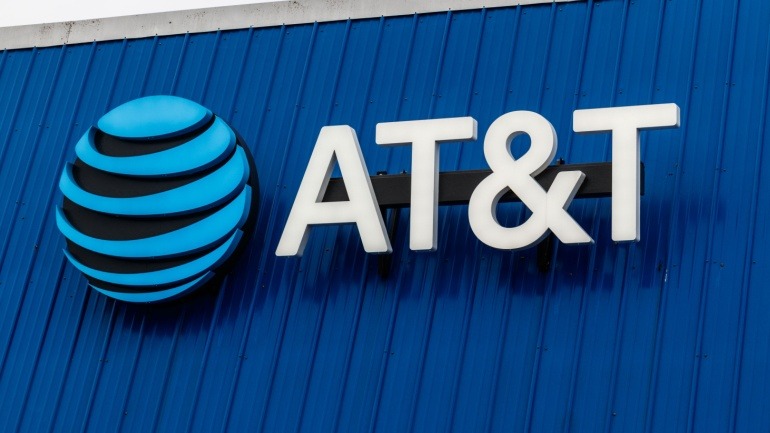Netomnia has secured £300 million in new funding, lifting its total backing to £1.2 billion. Supported by major investors, the company is accelerating its fibre rollout with a goal of five million connected premises by 2027.
IBM and AMD’s revolutionary partnership merges quantum computing with HPC, aiming to establish a groundbreaking quantum-centric supercomputing model. This alliance integrates AI accelerators and cutting-edge technologies to solve traditional computing challenges.
SK Telecom saw 5G subscribers rise to 17 million despite a cybersecurity setback, while profits fell sharply due to higher infrastructure spending. Its AI business grew strongly, driven by data center and business solutions sales, with major AWS-backed expansion plans.
Meta reported strong quarterly results with revenue rising 22% to $47.52 billion and net income up 36 percent to $18.3 billion. Growth is driven by AI initiatives, though expenses climbed due to infrastructure and talent costs.
KCOM CEO Tim Shaw steps down after six years, marking the end of major fibre broadband expansion across East Yorkshire and Lincolnshire. As rivals challenge its market position and regulators push for greater network access, investor Macquarie weighs options.
Ericsson is in talks to invest in Intel’s new networking unit, potentially gaining a small stake. The spinoff will focus on advanced silicon for communications infrastructure, aligning with Intel’s broader strategy to streamline operations and prioritize core areas like AI and CPUs.
T-Mobile and Fluid Conservation Systems are transforming US water management with advanced IoT leak detection. This collaboration reduces water loss and infrastructure damage, leveraging T-Mobile’s cellular solutions to provide real-time data on leaks.
Intel is set to spin off its Network and Edge Group (NEX) as part of a strategic optimization to bolster its core focus. This move, aligning with CEO Lip-Bu Tan’s vision, mirrors the successful Altera spin-off, aiming to attract strategic investors and enhance financial stability.
Nokia is rapidly transforming its focus, capitalizing on the AI supercycle to elevate its Network Infrastructure unit above the Mobile Networks division. As demand rises for AI-driven IP and optical solutions, Nokia’s enterprise sales soar, with an impressive 30 private 5G deals secured in one quarter.
AT&T exceeded expectations in the second quarter, gaining over 400,000 postpaid phone subscribers while outpacing Verizon. The company plans major fiber expansion, retiring copper networks and investing billions to reach 60 million locations by 2030, aiming to sustain long term growth and financial stability.













